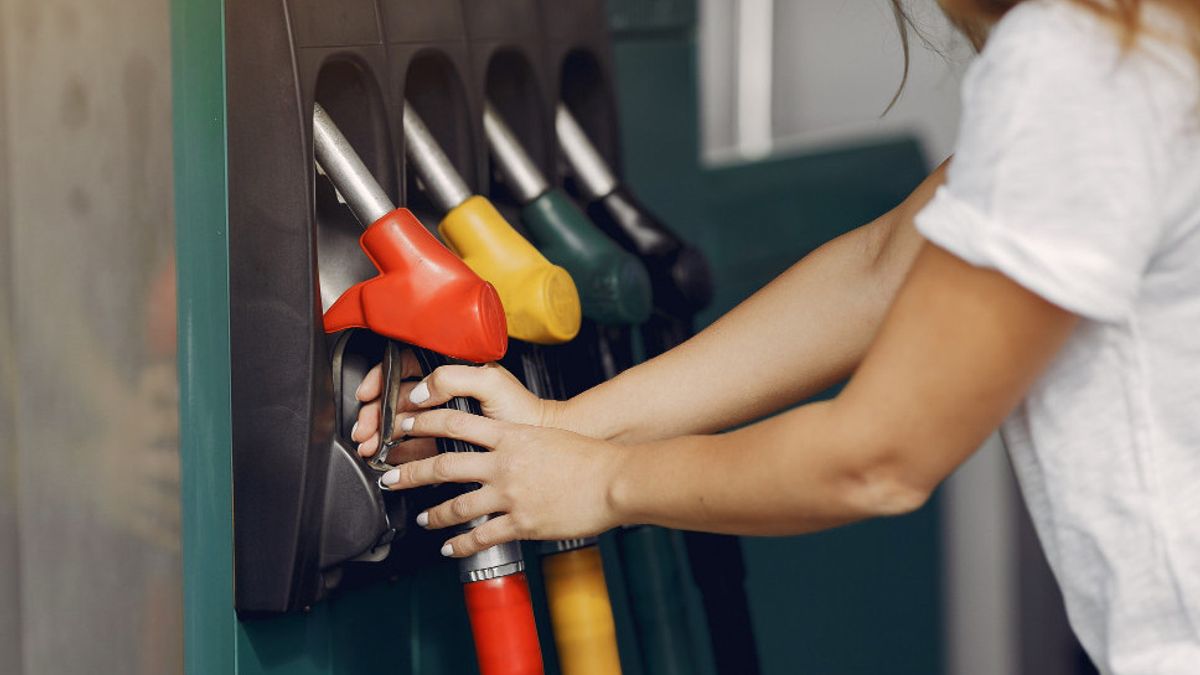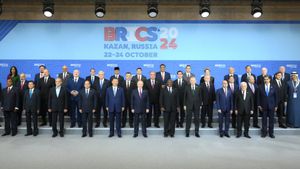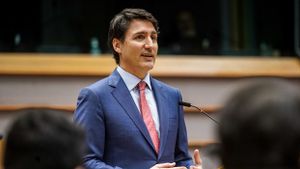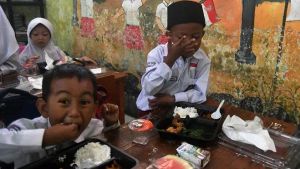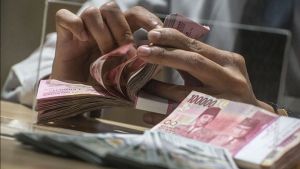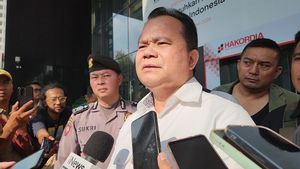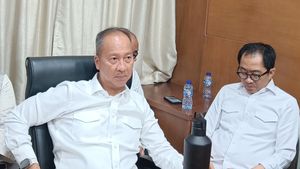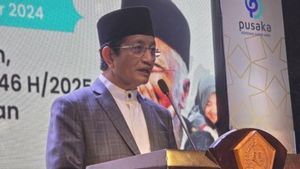YOGYAKARTA - The government has issued a new policy on determining the price of subsidized fuel oil (BBM). The government categorizes fuel into three classifications with the type of price in it, the three classifications are, certain fuel is fuel that is subsidized, special fuel for assignment and regular fuel.
With the new price formula, starting January 1, 2015, the price of kerosene will therefore be at IDR 2,500 per liter, diesel oil IDR 7,250, Premium RON 88 to IDR 7,600.
"The government has issued a new policy to determine the price of fuel which will take effect on January 1, 2015. With this new policy, the government has set three types of subsidized fuel, namely, Specified fuel or subsidized fuel, then Special Fuel for Assignment and the three General Fuels", said Minister of Energy and Mineral Resources, Sudirman Said at the Office of the Coordinating Minister for the Economy, Wednesday (31/12/2014).
What is meant by the Assignment Fuel is non-subsidized fuel which should be distributed to areas that are occasionally far/difficult, so they need effort from the government, so they are called special fuel assignments.
Regarding price policy, the Government has determined the type of fuel price with a calculation formula. First, the two types of subsidized fuel oil are, the price of kerosene does not change consistently at a price of Rp. 2,500 per liter, including VAT, and the second is diesel oil, the method of determining is to create a formula consisting of basic prices plus VAT plus the fuel tax for bermotor vehicles minus the subsidy of Rp. 1000. If the price of diesel economy goes up or down, the price of subsidies will go up.
"This will be a good policy because the community will be invited to familiarize themselves with the dynamics of economic prices," said the Minister.
Next, special fuel assignments, the price policy is determined with a basic price formula coupled with the Point Added Tax (PPN) and Motor Vehicle Fuel Tax (PBBKB) coupled with distribution rates that will be given to business entities that distribute the amount of 2%.
Finally, General Fuel is a fuel whose price will follow the economic price of the market and the formula for the selling price is also determined by the government. "Once again I emphasize, even though the price is determined by the market, it does not mean that the government has let go, the government controls the method of setting the price of ordinary fuel. This ordinary fuel is except for two fuels above, the third is not given subsidies.
The mass media seems to have intensively informed the government's agenda for regulating subsidized bbm price (fuel oil) policies for the past few days.
This news dominates about 40% of the news regarding the Ministry of Transportation or related to the functions and duties of the Ministry of Transportation. News about the agenda for controlling the implementation of subsidized fuel is raised by the national mass media, where most mass media still contain debates, so whether or not to use the policy of controlling the implementation of subsidized fuel.
The mass media focuses more on the weaknesses or obstacles that the government may face in using the subsidized fuel implementation control policy by choosing to force motorized vehicles to use gas and Pertamax fuel.
A number of subsidized fuel control alternatives prepared by the government, there are two alternatives that are most likely to be used. First, controlling the consumption of premium type fuel in Java-Bali in stages starting April 1, 2012.
Second, increasing the price of premium fuel in stages. These alternatives will be followed by an example of the conversion of motorized vehicle fuel from fuel to gas fuel (BBG) in the form of natural gas (CNG) and liquefied gas for vehicle (LGV) or Vi-Gas.
Subsidized fuel regulation is mandated by Law No. 22 of 2011 concerning the APBN for Fiscal Year 2012. According to Article 7 Paragraph (4) of the Law, the budget arrangement for certain type of fuel subsidy and liquefied gas petroleum gas (LPG) cylinders in the 2012 fiscal year is carried out through subsidized fuel allocation more ideally targets and subsidized fuel control policies.
This was then emphasized in the explanation of Paragraph (4) point 1 that the allocation of subsidized fuel after the target was carried out through controlling the consumption of various premium fuels for private four-wheeled vehicles in the Java - Bali area since April 1, 2012. To support this policy, the government will revise Presidential Regulation (Perpers) No. 55/2005, in particular Article 2 Paragraph (3) and (4) which tells that all types of land transportation vehicles, rivers, lakes, and crossings have the right to consume subsidized fuel.
After learning about the fuel price policy, see other interesting news only on VOI, it's time to revolutionize news!
The English, Chinese, Japanese, Arabic, and French versions are automatically generated by the AI. So there may still be inaccuracies in translating, please always see Indonesian as our main language. (system supported by DigitalSiber.id)
